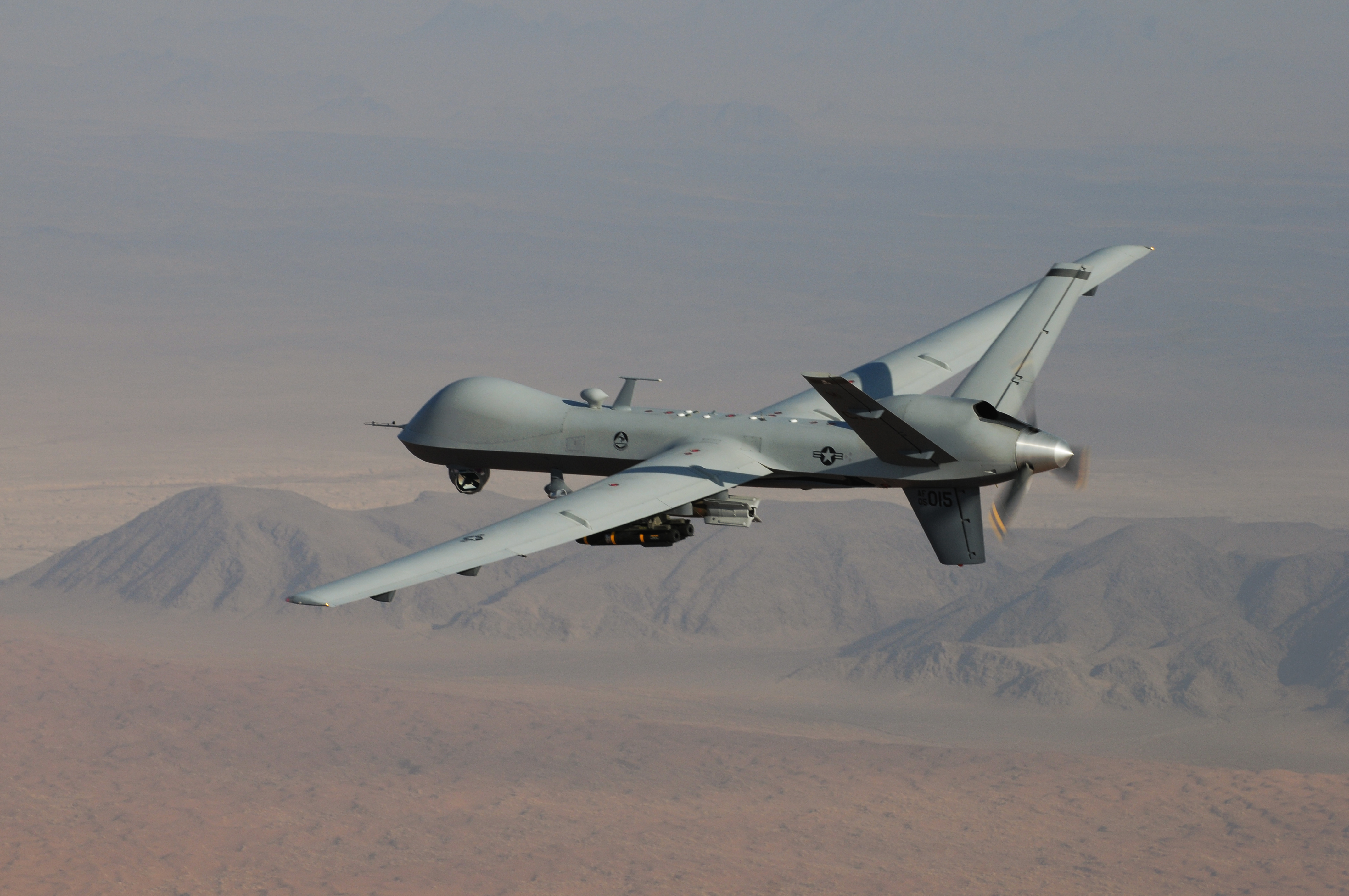Recently the UN Human Rights Council's Special Rapporteur on the Promotion and Protection of Human Rights and Fundamental Freedoms While Countering Terrorism, Ben Emmerson, presented his third annual report. This report focuses on the use of drones in counter-terrorism operations with special emphasis on civilian casualties in drone strikes.
The report notes that while the number of drone attacks in Pakistan declined in 2013, drone strikes increased in Afghanistan and in Yemen. The decline in Pakistan came amid complaints from the Pakistani government that U.S. drone strikes were undermining its authority.
Paragraph 71 of the report lays out a series of questions regarding the legal status of drone strikes and suggests that there is "an urgent and imperative need to reach a consensus between States" on the answers to these questions. Included among the questions are these:
- Is the international law principle of self-defence confined to situations in which an armed attack has already taken place, or does it entitle a State to carry out pre-emptive military operations against a non-State armed group on the territory of another State, without the territorial State's consent, where it judges that there is an imminent risk of attack to its own interests? . . .
- Does international humanitarian law permit the targeting of persons directly participating in hostilities who are located in a non-belligerent state, and, if so, in what circumstances? . . .
- In the context of non-international armed conflict, when (and under what circumstances) does international humanitarian law impose an obligation to capture rather than kill a legitimate military target where this is feasible?
While the Special Rapporteur is no doubt correct that the international community thus far has failed to reach a consensus view on these (and other) matters, the report notes (in Paragraph 31) that on February 25, 2014, the European Parliament adopted a resolution (by a vote of 534 to 49) that concludes that "drone strikes outside a declared war by a State on the territory of another State without the consent of the latter or of the UN Security Council constitute a violation of international law and of the territorial integrity and sovereignty of that country."
The complete text of the 21-page report is available here. For the Guardian's take on the story, go here.
